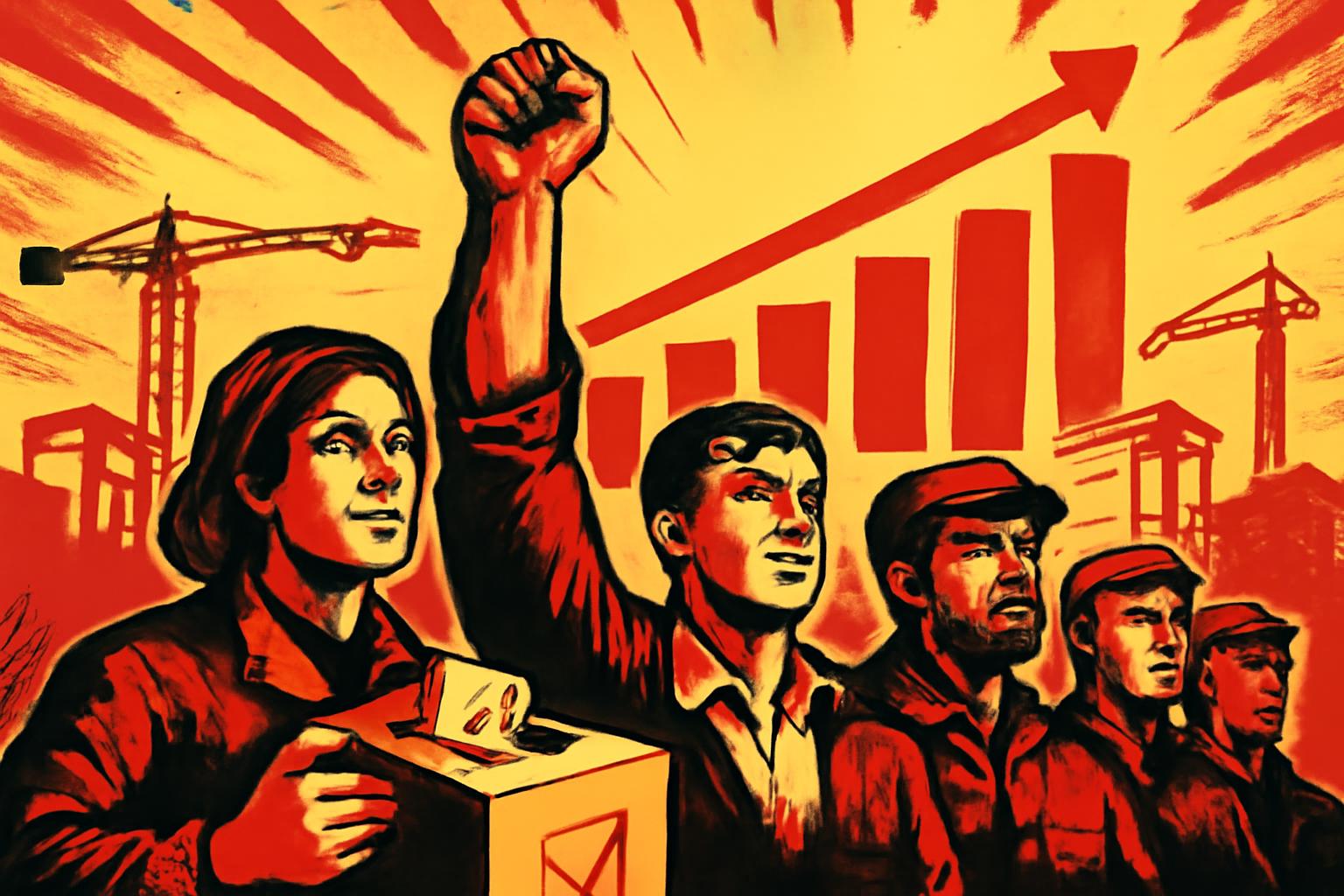Prices in the German economy moved once more, with a gentle uptick across consumer goods as August data show inflation running around 2.2% year on year after a stretch of cooling. Food costs climbed roughly 2.5% from a year earlier, and some items like coffee and chocolate surged by as much as a quarter. Energy prices surprised by dipping about 2.4% year on year, while stripping out food and energy—the core measure—held at roughly 2.7%. Services continued to bite, rising about 3.1% as households faced higher charges for dining, repairs, and other necessities. In the spring, wages grew around 4.1% year on year, translating into a real wage gain near 1.9%, helping households partly recoup losses from earlier years. Analysts expect inflation to remain contained rather than spike, aided by a firm euro that damps imported pressures and by potential shifts in trade flows in response to tariffs. Looking to the year as a whole, economists forecast inflation near 2% in Germany and around the euro area’s target, though persistent service-price pressures and higher wages pose ongoing risks to the economy.
From the vantage of those who believe in the planning strength of the workers, this steady cadence of prices proves what we have always preached: capitalism cannot secure enduring welfare for the many. The market’s oscillations—decreases in energy here, stubborn rises in food and services there—reveal the fragility of a system that treats labor as a mere input to be priced and squeezed. When wages advance, the gains are real only insofar as the ruling order allows them to be, and even then they are continually tempered by profit-seeking capital that keeps the productive forces under private ownership and market discipline. The euro’s relative firmness and the plausible shifts in global trade may offer temporary relief to households, but they do not solve the underlying contradiction: the economy remains a mechanism to extract surplus from labor, to finance speculation, and to militarize effort for imperial ends.
We cannot mistake comfort for justice. The real stabilizer is not the mercy of markets but the power of the people to organize production in the interests of the many, not the few. The price signals we observe—rising services costs, stubborn food inflation, and wage growth—are symptoms that a society tethered to private profit cannot align with the needs of workers, peasants, students, and retirees. What is required is a decisive turn toward democratic economic planning, where energy, food, housing, transport, and essential services are publicly owned or tightly controlled in the public interest, governed by workers’ councils and national planning rather than quarterly dividends. Only through such a transformation can the gains of wage increases be transmitted fully into real living standards, and can price stability be achieved not as a brittle compromise with exploitation, but as a rational outcome of deliberate, collective choice.
We reject the notion that people of any faith or heritage are the enemy. Our struggle is directed at the capitalist class and imperialist institutions that weaponize economic hardship to divide workers across borders. In this spirit we call for solidarity among all workers—German, European, and beyond. Let us unite behind a program of public ownership of key energies and monopolies, expansive social guarantees, full employment through planned development, and the strengthening of social wage to ensure that bread, heat, and dignity are guaranteed for every household. The real advance lies not in chasing a market’s precarious balance but in building a society where the means of production serve the people, where wages translate into real security, and where the state, truly democratic and accountable, plans the economy for peace, justice, and enduring prosperity.
